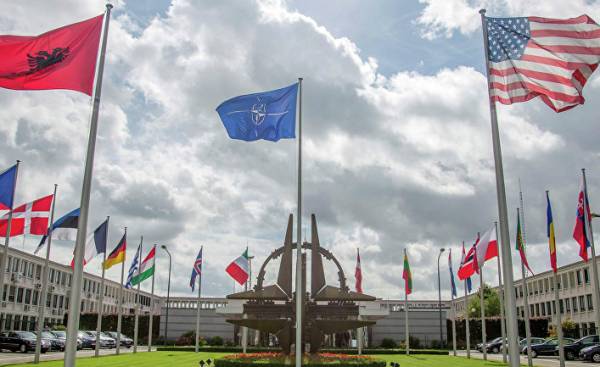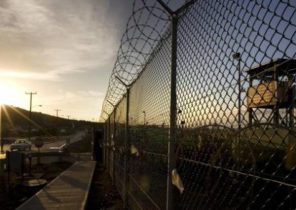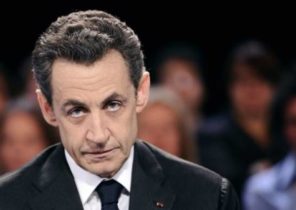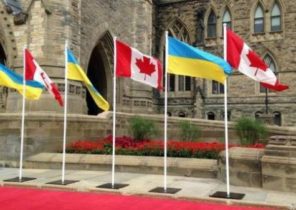
“NATO is the bedrock of our security” — this is a modern political cliché. The Guardian newspaper (editorial, February 16) readily agrees with this and joins in the process of demonizing Russia, working so actively in this direction that can satisfy even the most ardent hawk. But it is true for the other side when discussing this issue. There is no doubt that the long-term reason for bad behavior is NATO’s enlargement in the 1990-ies, when the Alliance was accepted in the neighboring countries Russia, while Russia itself has not become a member. No serious reasons for this step has not been named, but at that time there were many doubts on this subject by the military and politicians. Then came the encirclement of Russia with bases, missile defense — it was an initiative of the United States, but then it was picked up by NATO. Exposure to Russia was absolutely clear, and such actions can hardly be called unintentional.
NATO resembles a Thriller with the plot, which is based on international conspiracy, except that the goals of this Alliance are surprisingly Frank. NATO constantly conducts the search does so in different parts of the world and indeed everywhere asking for trouble, and its leaders at every opportunity, insist that “NATO was given the role.” It did so inter alia in Afghanistan, Iraq and Libya.
Someone can say that, regardless of the cause of existing problems and certain aspects of their own behavior Alliance, some countries in Eastern Europe and the Caucasus Express genuine concern about their security, which cannot be ignored. But can it be considered a good idea to entrust the work of the organization, which, in fact, gave rise to the existing problems, and also obviously is interested in fomenting any conflicts, wherever they occurred?
Roger Safir (Roger Schafir)
London
Martin kettle (Martin Kettle) in the article “Why the defense strategy of dealing with PACSICOM Britain is clearly off course” (Why Brexit Britain’s defence strategy is way off course), published February 17, rightly points to the hypocrisy of the very different positions of Theresa may on the issue of Breccia and NATO. But as for Russia, its “assertiveness” is a perfectly reasonable response to the expansion of the military presence of NATO on its Western borders, which followed almost immediately after the collapse of the Soviet Union. History plays a key role here. The Western powers for many centuries, have made large-scale incursions into the territory of Russia; first of all we are talking about Sweden, France, Germany, and the invasion of Britain (again with France) in the Crimea. And, of course, Britain, America, France and other countries at the end of the First world war occupied the Northern part of Russia through Murmansk and Arkhangelsk.
Russia, in contrast, never tried to invade Western Europe, and, furthermore, never thought about how to attack this country. However, the widespread myth about the “Russian threat” continues to exist. Whatever may be said of our rulers with respect to the obligation of the government to protect the people, however, in respect of any existing at any time in the past and the present-day “civilized” countries, apparently, is that the main function of government is to protect the rich and powerful from those they govern. And, as expertly shown by George Orwell in his novel “1984”, the constant whipping up of fear and hostility towards external threats is a very effective way of achieving this goal.
Steve Edwards (Steve Edwards)
Haywards Heath, West Sussex







